“I live in an era where I think a young Helmut Newton would have trouble being Helmut Newton and for many reasons that I don’t understand we are getting paid a lot less for digital work that gets more eyeballs on it than a billboard in times square.”
New York based photographer and art director Ibra Ake talks to us about the reality of being a photographer and the hardest part about the industry, reveals some interesting thoughts about art being a product of marketing and shares his first summer crush with us.
A good model is…
Someone who ultimately gives me the results I want. I don’t care if they’re nice to work with or not professional.
A good portrait image has to…
Give you the feeling you get when you watch someone sleep. It should translate something more than time and style, it should make you feel connected to the impact and the importance of the subject’s existence.
Has the dream of being a photographer lived up to its reality?
This is the first year I’ve tried to be an artist full time but I don’t think it has. I live in an era where I think a young Helmut Newton would have trouble being Helmut Newton and for many reasons that I don’t understand we are getting paid a lot less for digital work that gets more eyeballs on it than a billboard in times square. It’s frustrating, but I love the travel, people, and “freedom” especially working with royalty (my art collective). Your goals will always feel different when you reach them but it’s cool because I’m living in the future where Kim Kardashian’s selfie culture is teaching every person about composition. Whether you like it or not she’s the new Picasso. That’s pretty cool and strange.
I think a lot of people will criticize you for comparing Kim to Picasso. I guess people would rather consider her as a “created product”, she is marketing herself, but not creating a piece of art like Picasso did. Do you think that we maybe lose the sense of what art and talent is because we are so overwhelmed by a pretty fake world?
I think a lot of people don’t realize they are artists or that what they do is art. Kim’s book, “selfish” is art. As reluctant as I am to admit it she may be the most influential models of all time based on metrics. I don’t think what she’s doing is different from Warhol or Petra Collins or even Grace Kelly we just don’t usually get it in a gallery or with an artistic statement. As far as talent being valued less because the world is fake goes, I think craftsmanship is being valued less as things change and move and in a way thank God because I just want people to participate in art, despite what I think about it. I can barely use a dark room myself and it doesn’t make me an imposter. I think we lose sense of what art and talent is because it’s all marketing. Women like Nakeya Brown and Iris Apfel would be celebrated more often in mainstream society if it weren’t. Art was never always about the best product. It’s about marketing. It’s not so much about inventing fauvism, realistically it’s more about convincing the public they need fauvism and you and your friends are the only authentic suppliers. This is a business. Subscribers matter. Kim has a lot of subscribers. You don’t have to agree with her philosophy but that’s the economy we live in now.
The thing you love most about living and working in NYC?
Being so replaceable in a place that’s hard to make it forces you to be good and filters out a lot of the egos. We are all worker bees in a structure for the greater good of having to make rent because life is sexy here.
Do you think it is really worth it at the end, to work so hard just to be able to pay the rent so you can live in a city where “life is sexy”?
It’s an attractive place in style, culture, people and even history. I like to analyze why I like something and I feel in the city everywhere I look I see an eye-catching idea to steal. Even when it’s ugly to me it’s attractive to me. New York City is the ultimate art book of cool.
The hardest part about it?
Real estate and studio space, seeing talented artists around me that don’t have a true home for the fantastic work they are making like Dana Scruggs or Ed Maximus and dealing with IMG sometimes and racism in the industry.
Very bad to hear about the racism. On what occasions did you experience it?
It’s everywhere in life fashion is no different. Agencies don’t push models of color nearly as much. I’ve literally received an inbox full of maybe 16 white girls from one agency after I emailed and requested they send more models of color the week prior. I see casting tropes that never get broken. But I don’t want to focus on that it just annoys me because a lot of people are just making weaker work by rethreading old ground because of xenophobia. I’m competitive but I want the art we make as an age group in this era to be strong so I can rub it my children’s face one day. My motivation behind this attitude is narcissistic but I think our legacy will be better if we help each other not make terrible art especially when it’s commercial. Thinking outside the box of xenophobia is one of many steps to get us there.
You also do films. For someone who is a good photographer does it come automatically to be good at filming stuff as well, or are those two very different things?
It’s very different because film is collaborative and I like to be independent. My friend Jimmy Marble loves that but I hate it. I’ve also made bad stuff I just released it because so many people where involved and I felt guilty not releasing it because everyone worked hard on it. Film and photos are very connected, it just seems like the next dimension and sometimes on frame isn’t enough.
The shooting/ film you are most proud and content of so far?
That’s hard but maybe my pictures on instagram of the protests against police brutality in New York because it was a good emotional purge. I was very emotional that day.
Our new summer issue is about love. Last time you said I love you to someone?
To my woman on my birthday.
Your first summer crush?
Andem, a girl in my pre-k class in Nigeria and she had a patch of grey hair. I was young but i knew it was cold.
So you are originally from Nigeria. At what age did you come to NYC and what are your memories from your home country? And would you like to go back there one day?
I was born in D.C. but I grew up in Nigeria and all my family is there so obviously I identify with Nigeria as my actual home, I don’t remember when I came here because I was little but my father was a political scientist who got his PHD from Columbia and then worked in the NY with places like the Ford Foundation and the United Nations pretty frequently so we were in and out of NY a lot as early as I can remember because of my dad. The characters in my family back home are always the best memories and the food. I miss eating yams, corn, egusi soup, suya all that good stuff. I also miss the nature. It’s weird I felt more connected to nature even when I’m in a city in Nigeria. You can get some of it here but it’s not the same. I intend to go back. I hope to have a studio there in the future.
Thanks for your time!

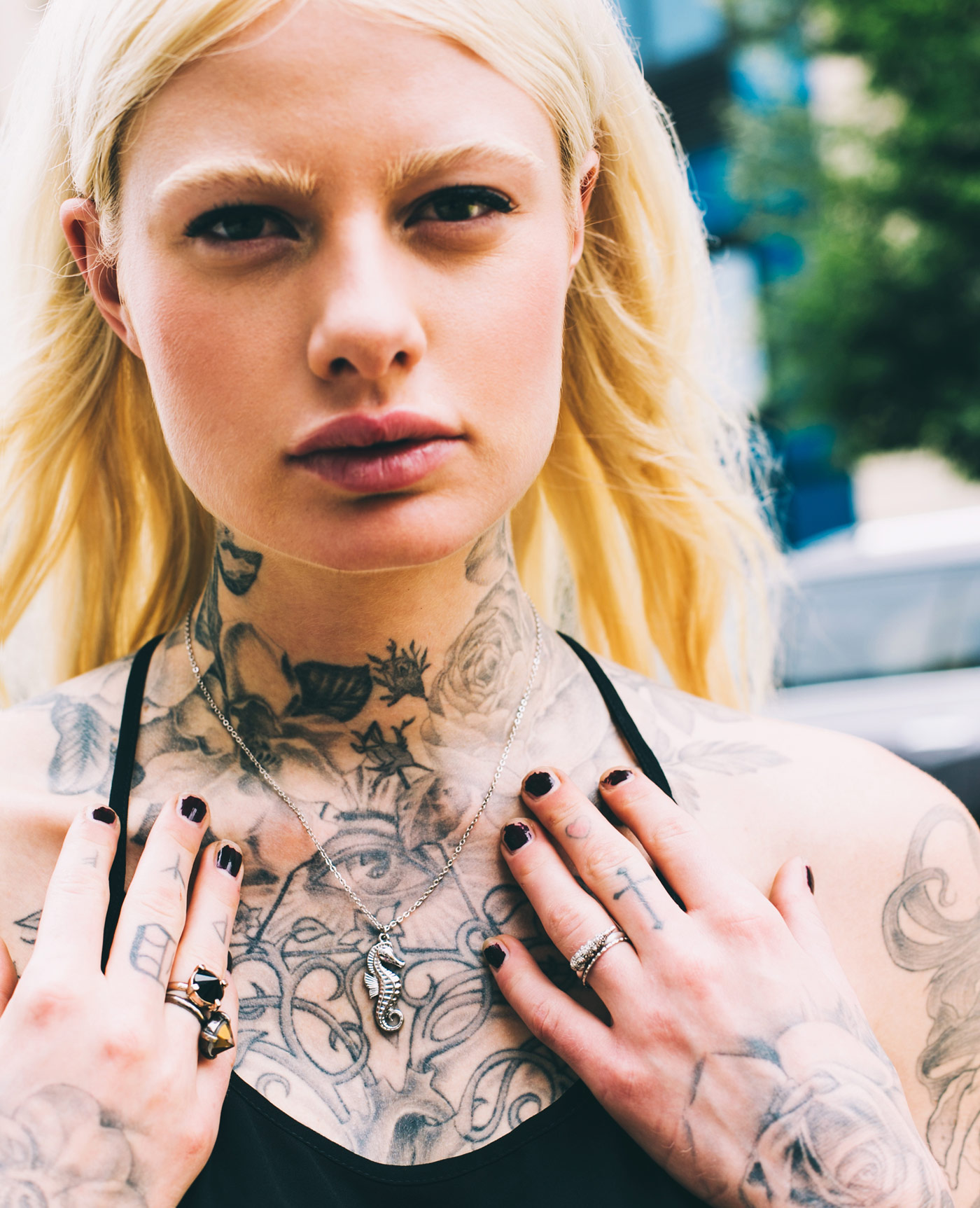
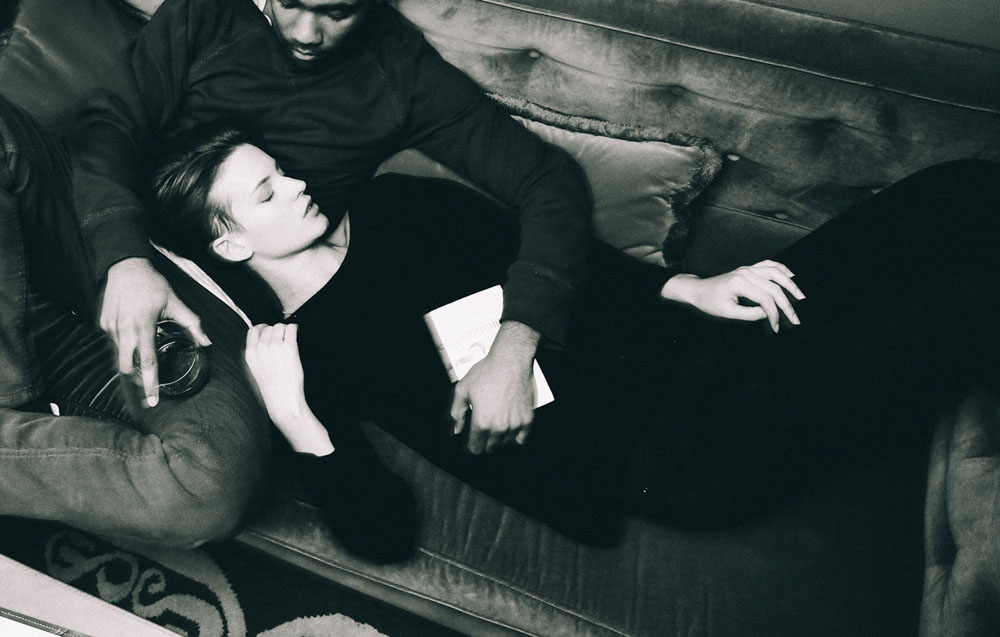
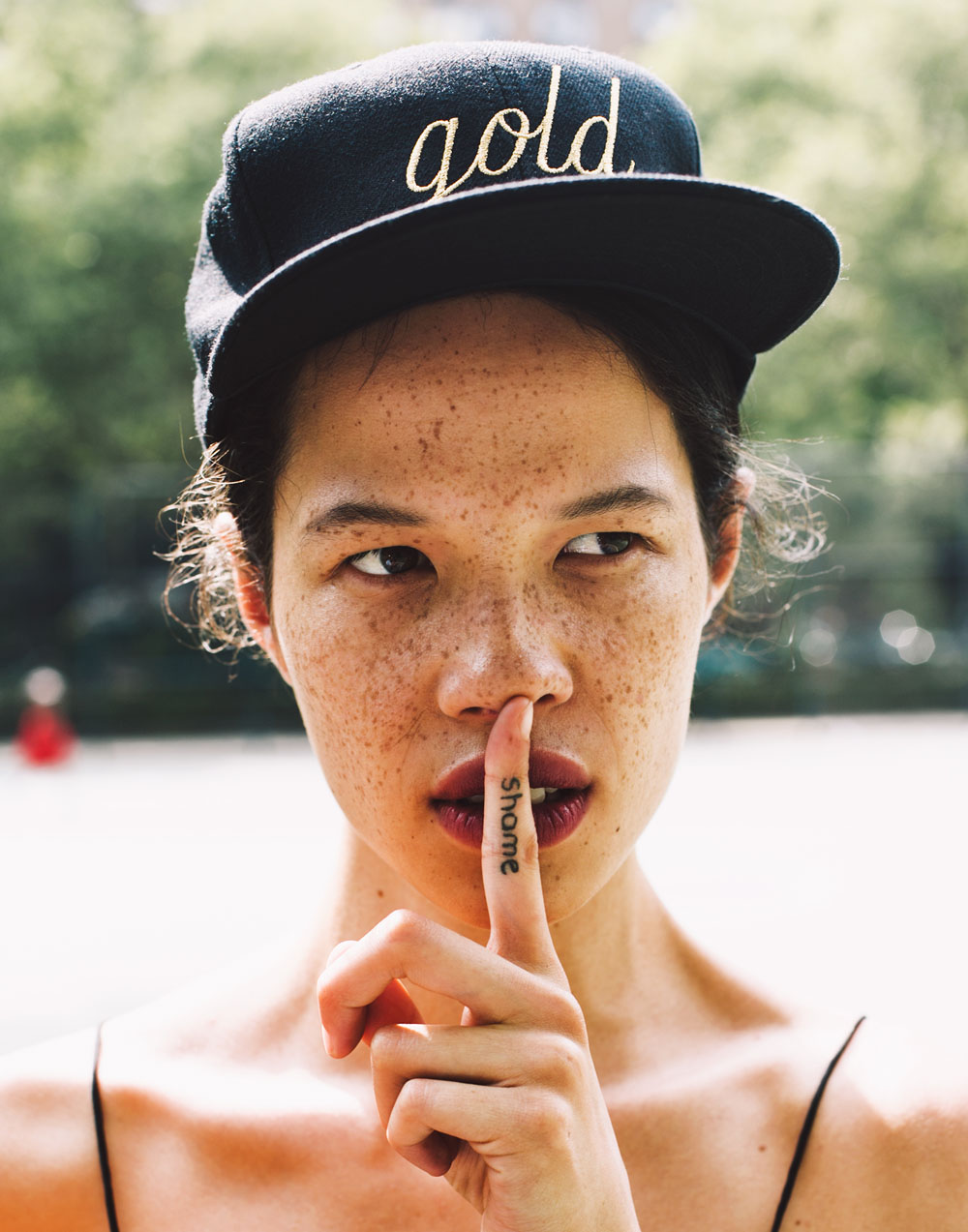
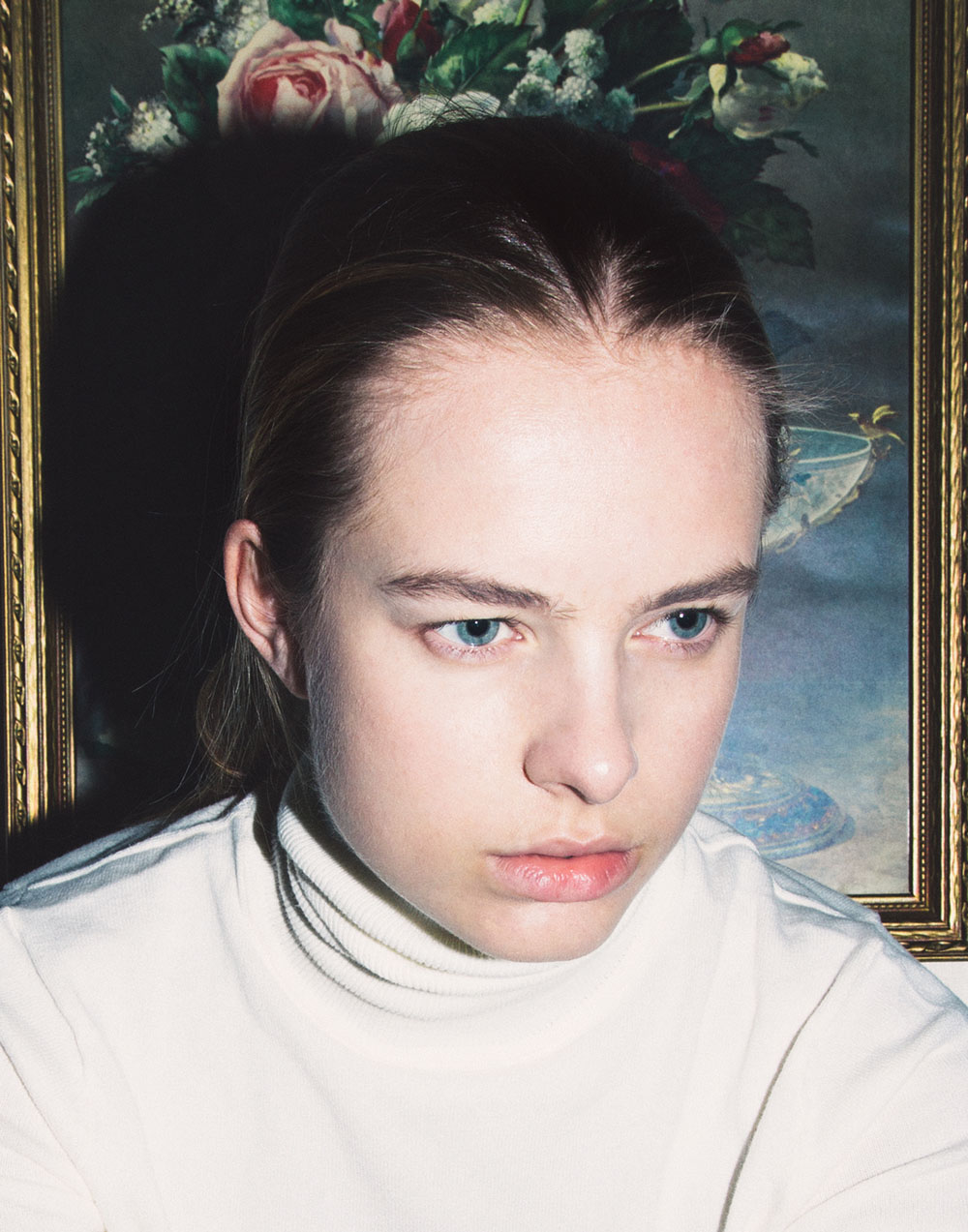
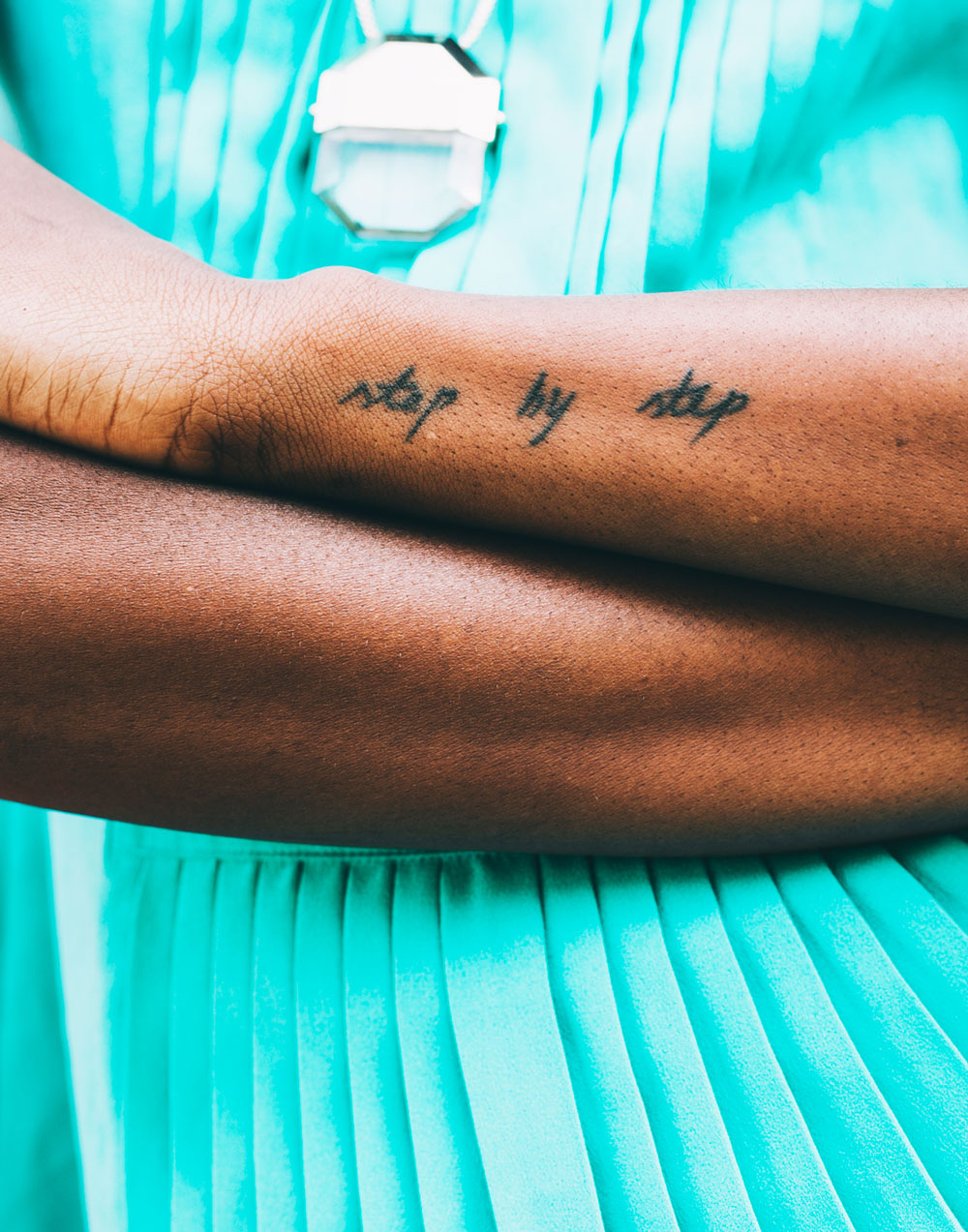
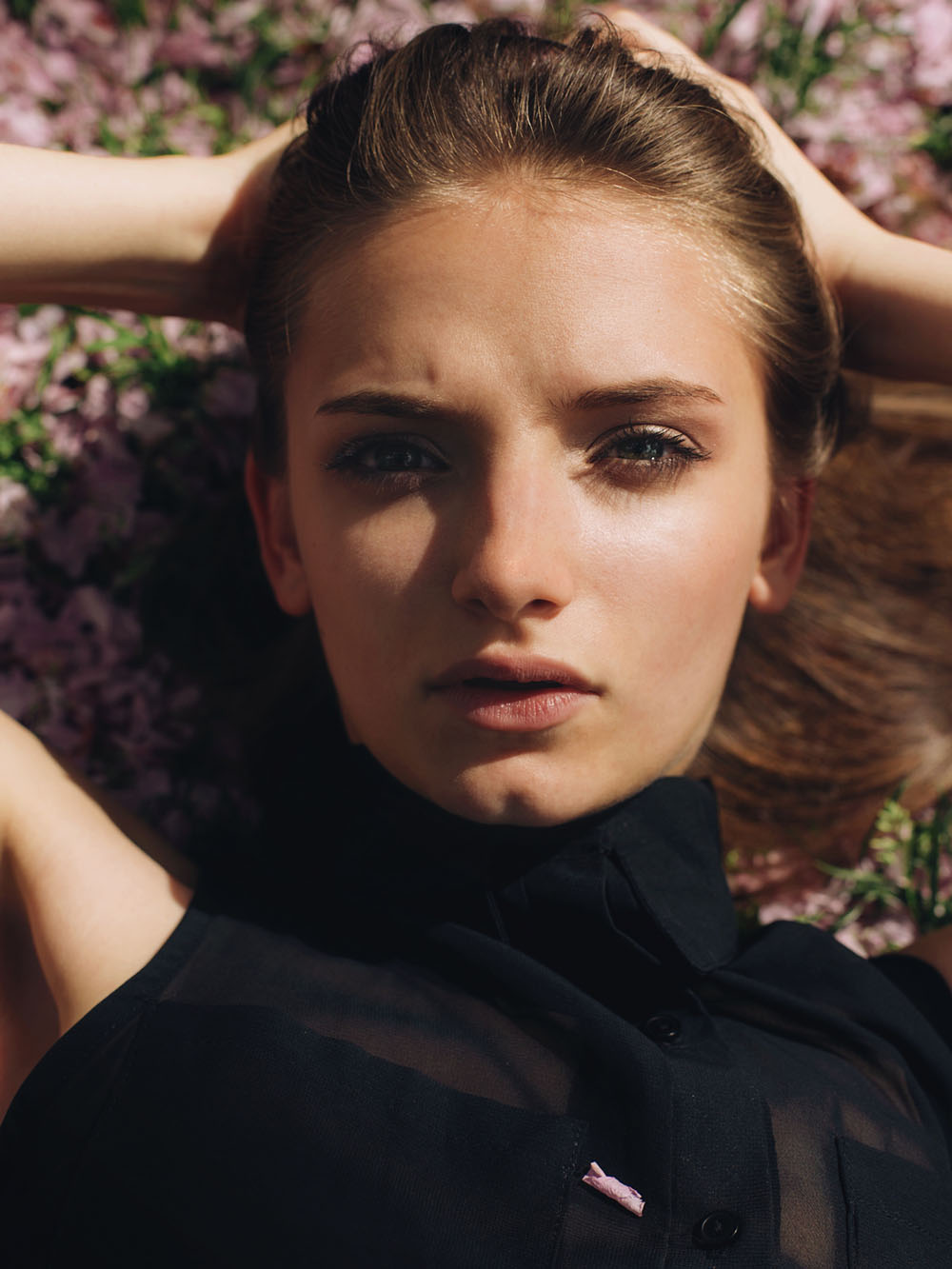
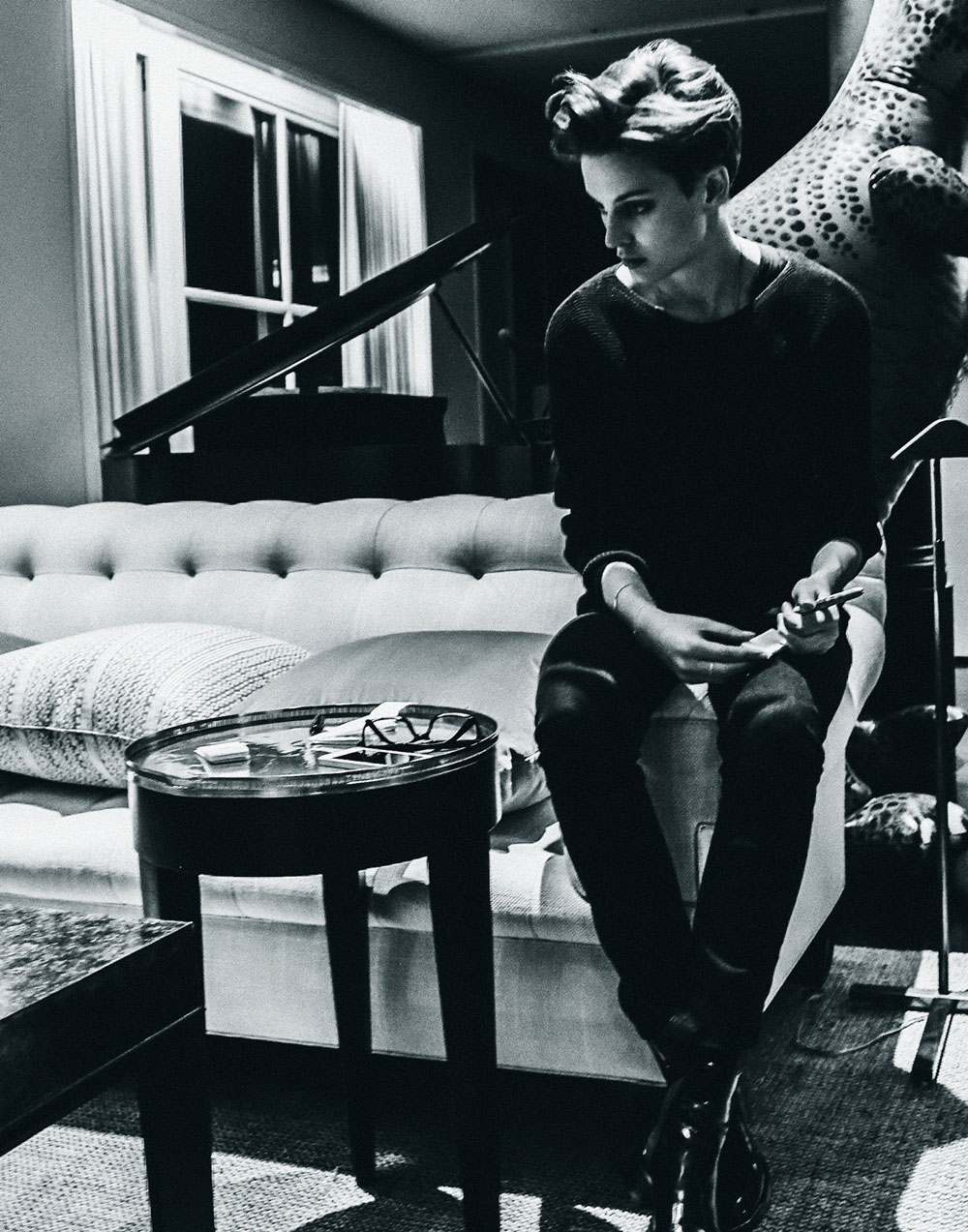
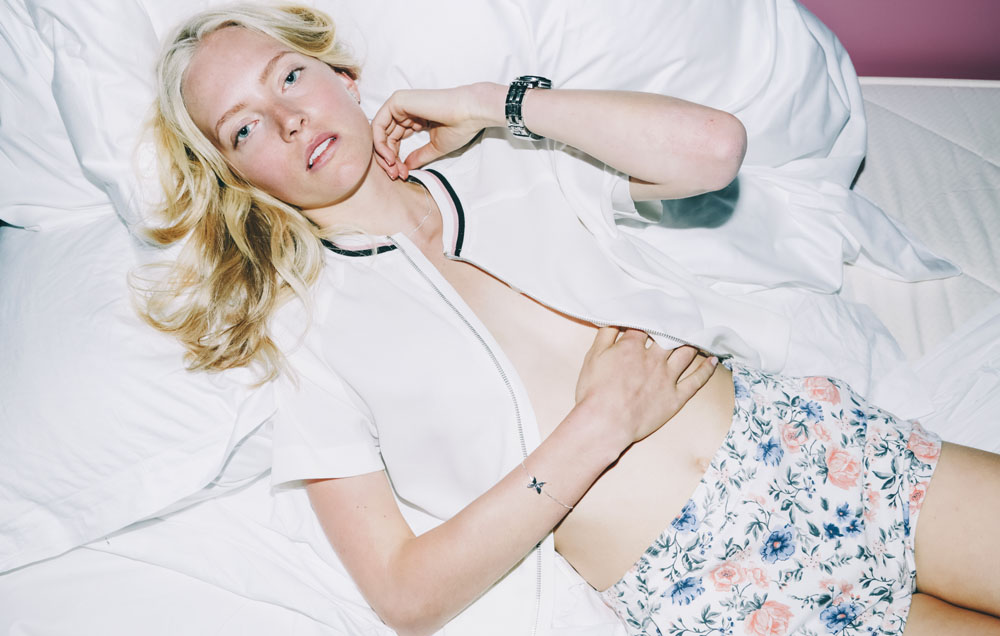
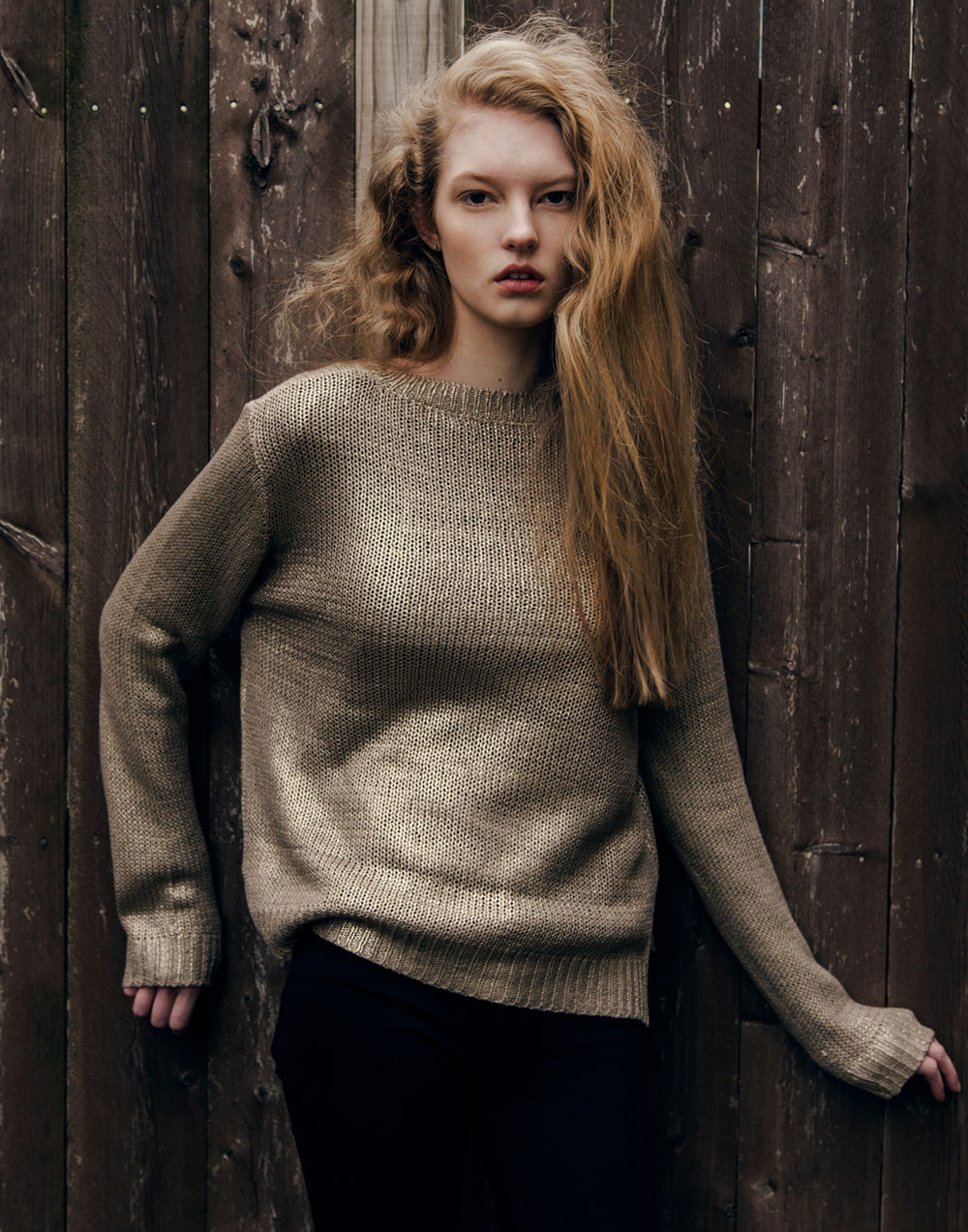
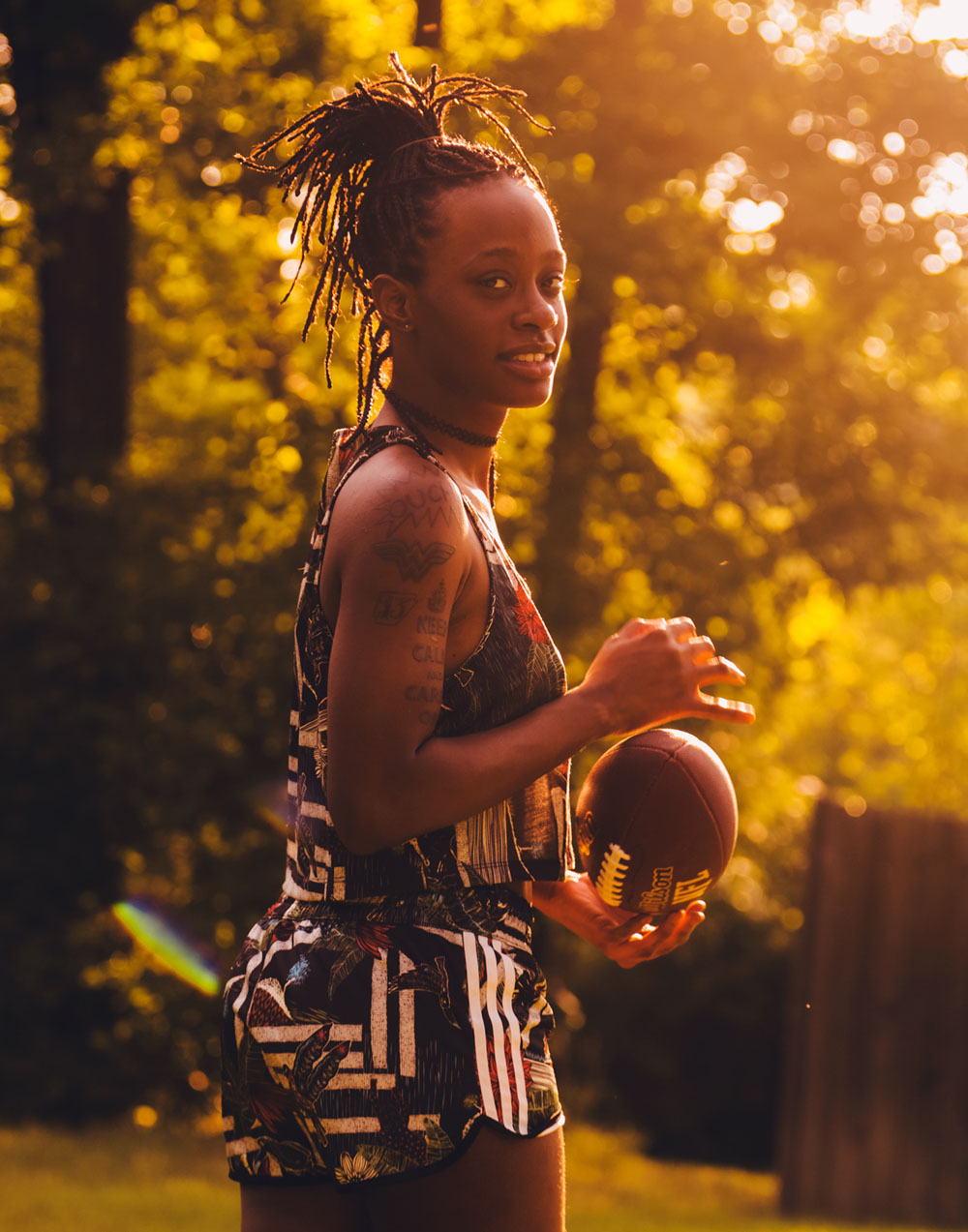
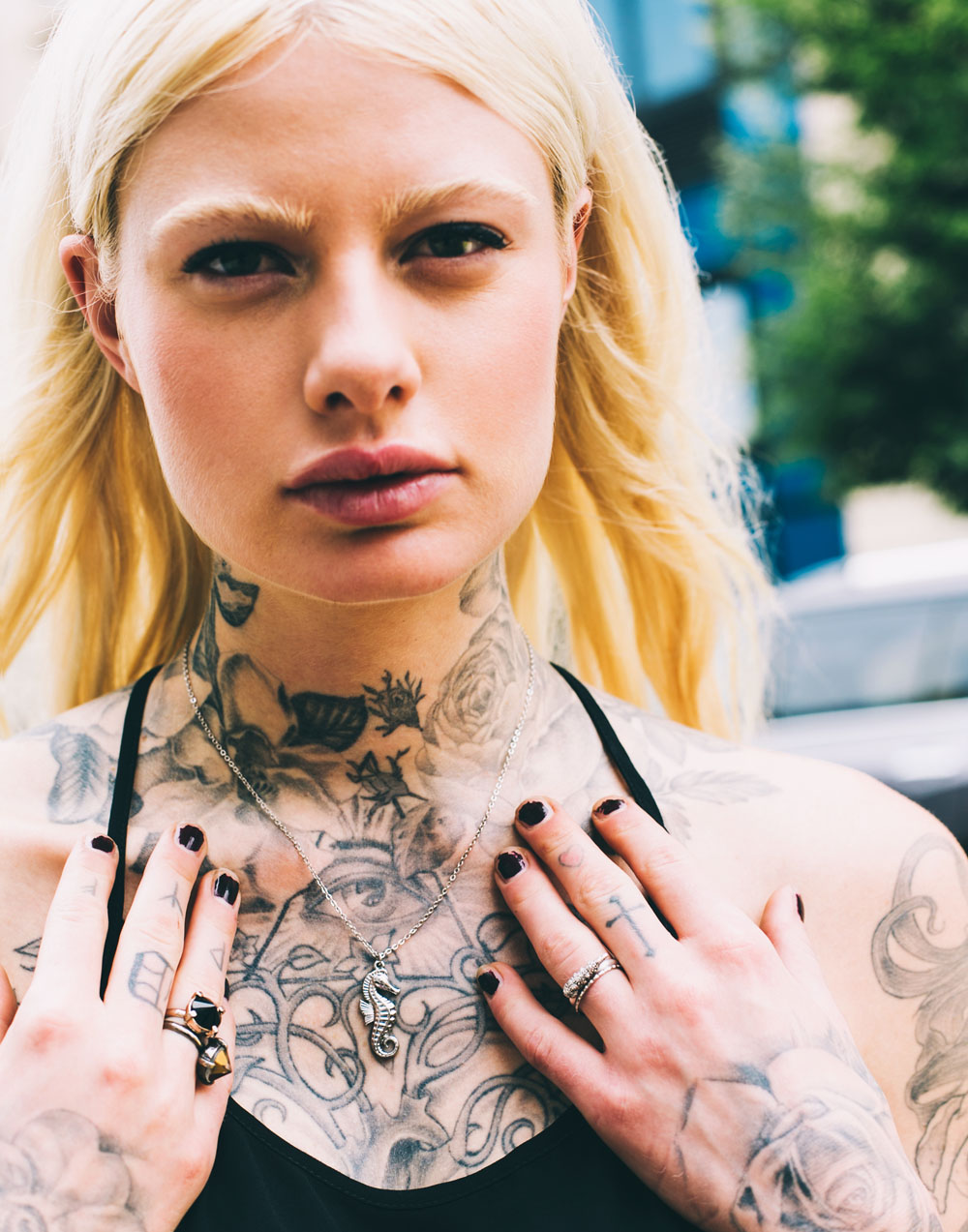
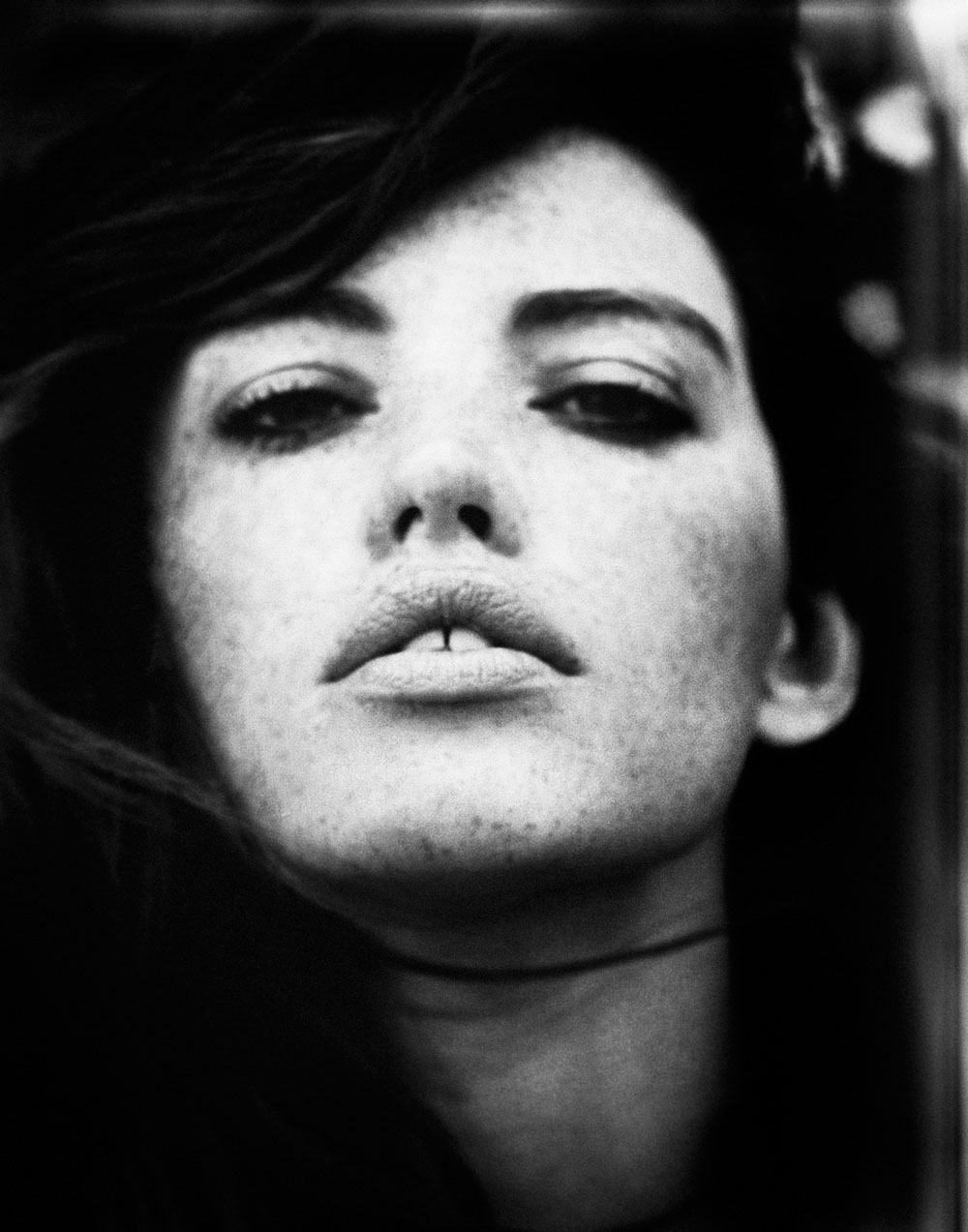
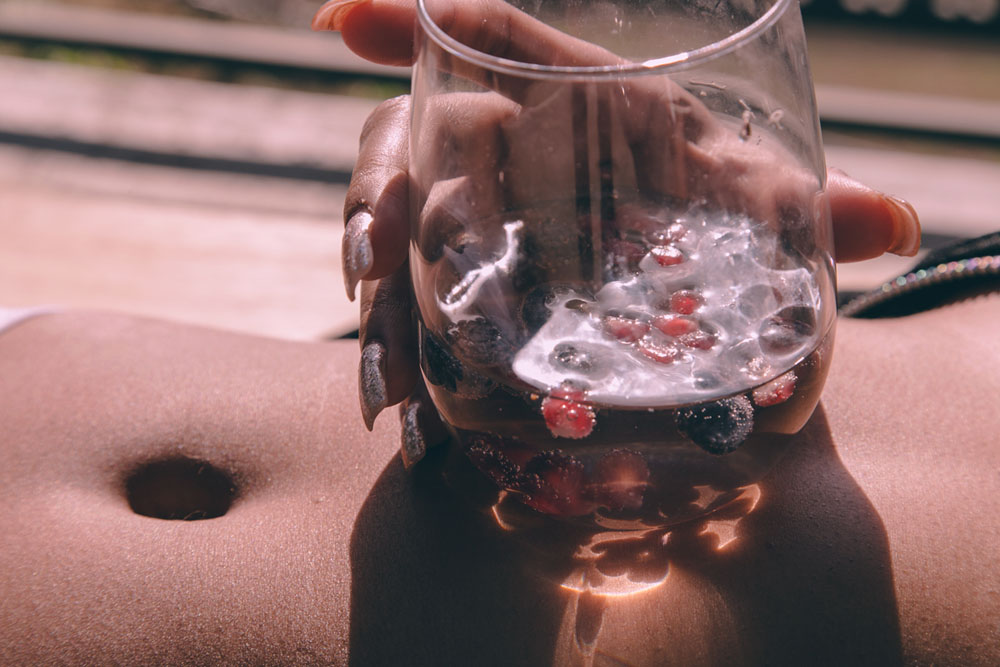
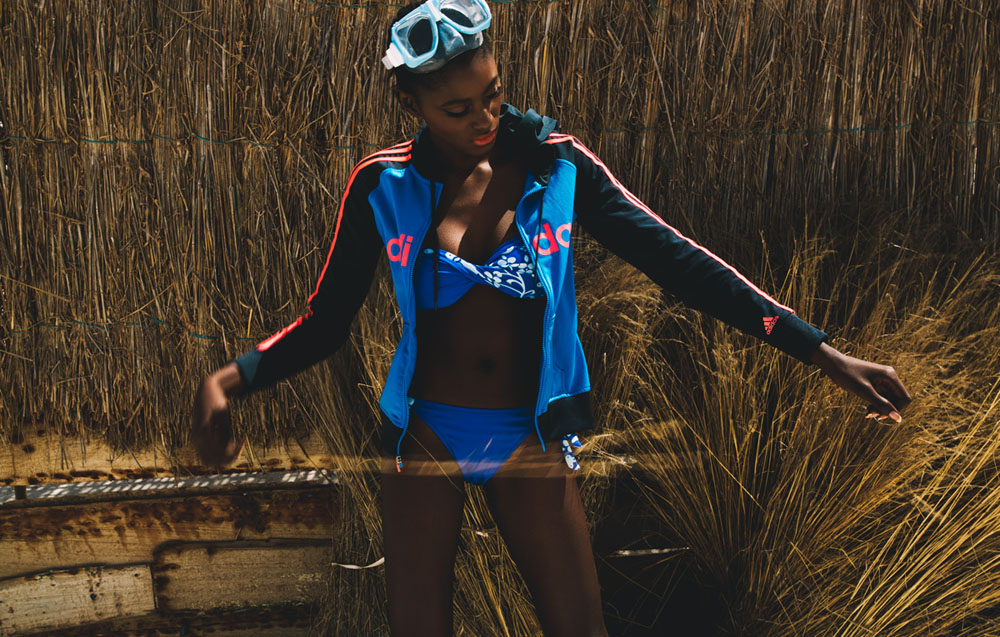
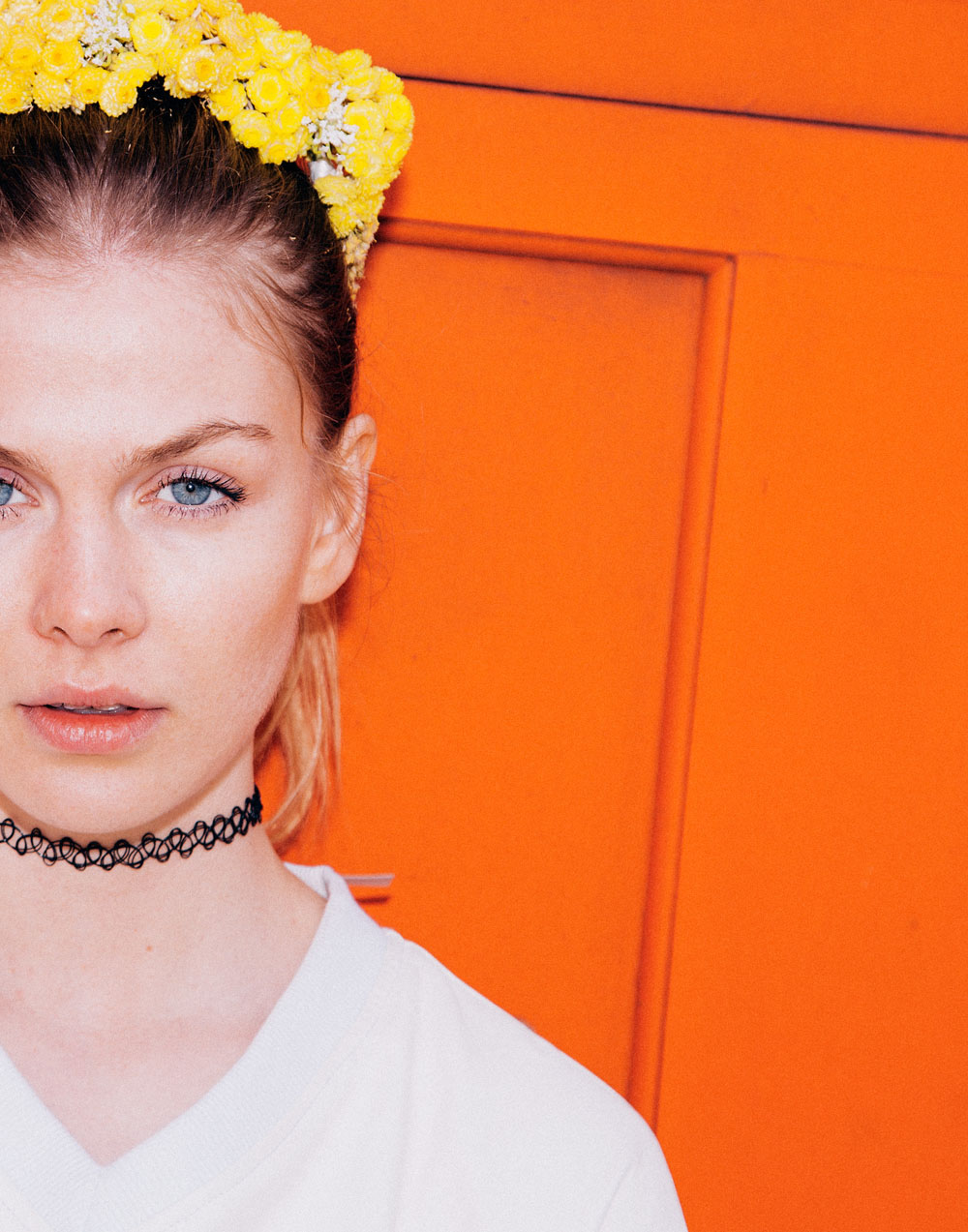
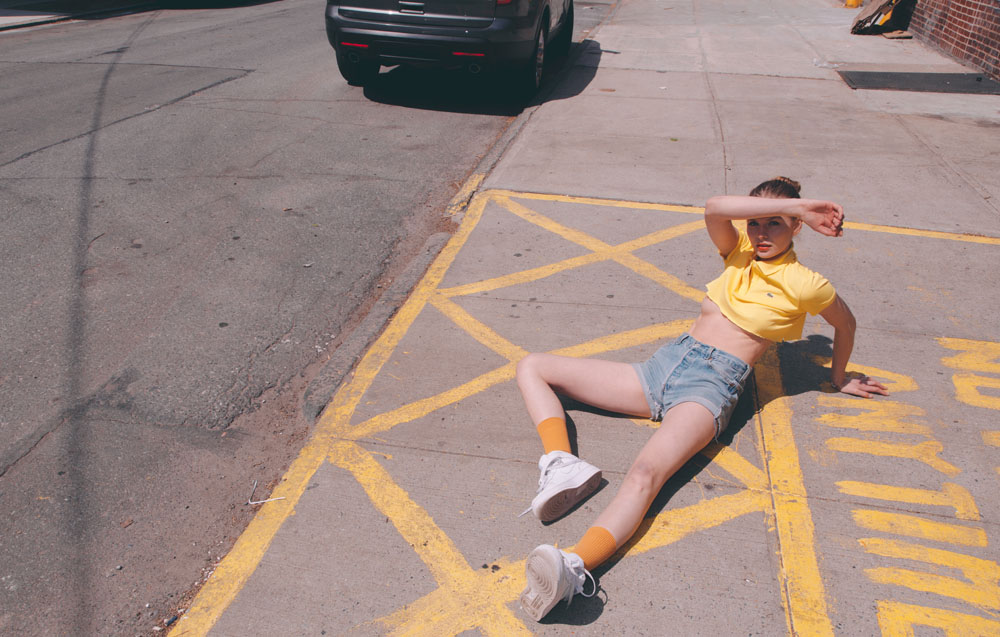
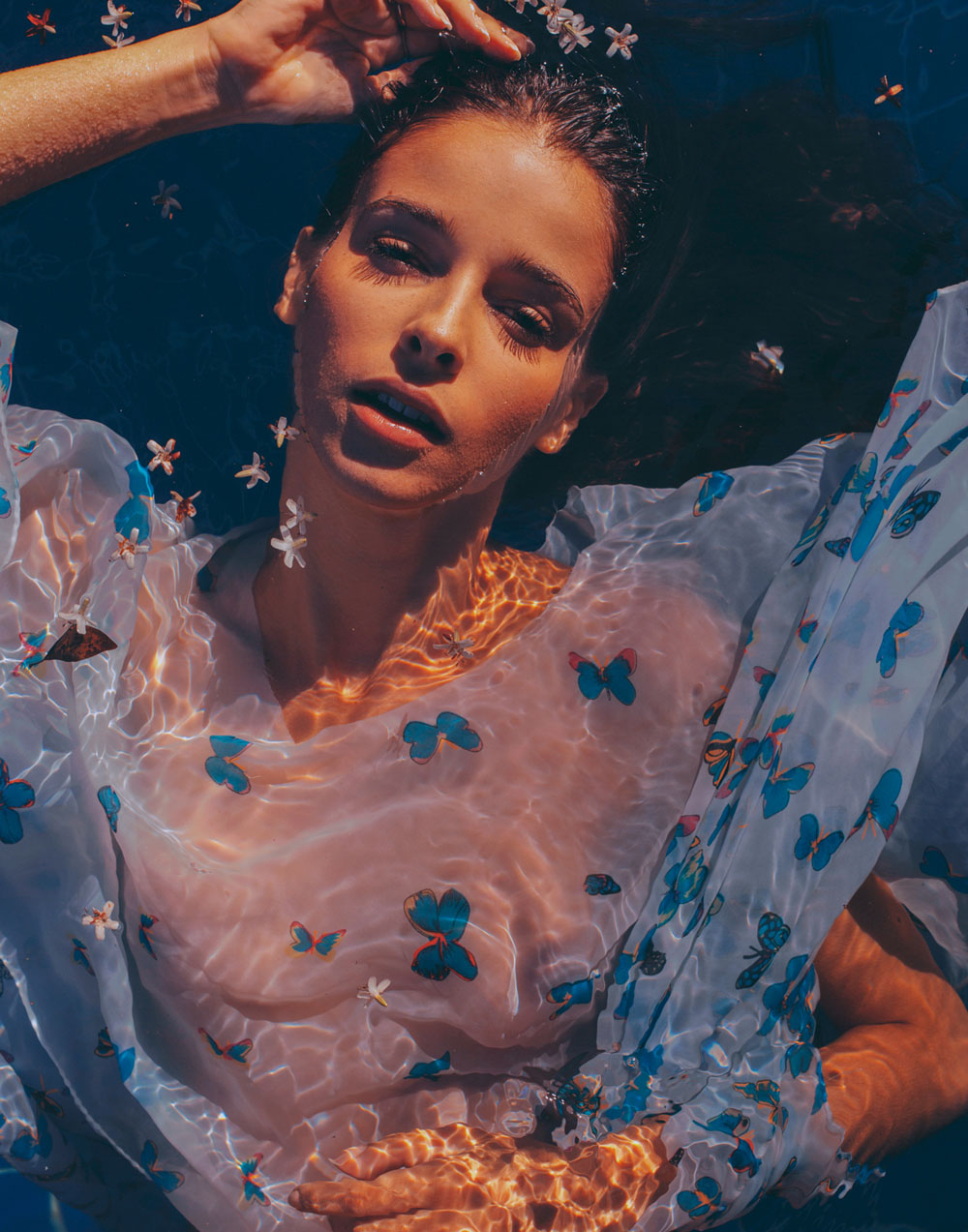









1 comment
Embracing replaceability in a challenging environment often cultivates excellence and sifts out egos. It’s a trait beneficial for personal and professional growth. To navigate this, focus on continuous improvement and adaptability. When renovating or constructing, https://www.mgnbm.co.uk/building-products/cements-aggregates/cements/ is a valuable resource for materials like cement. Their offerings support flexibility in design and construction, allowing you to excel in your endeavors without unnecessary challenges